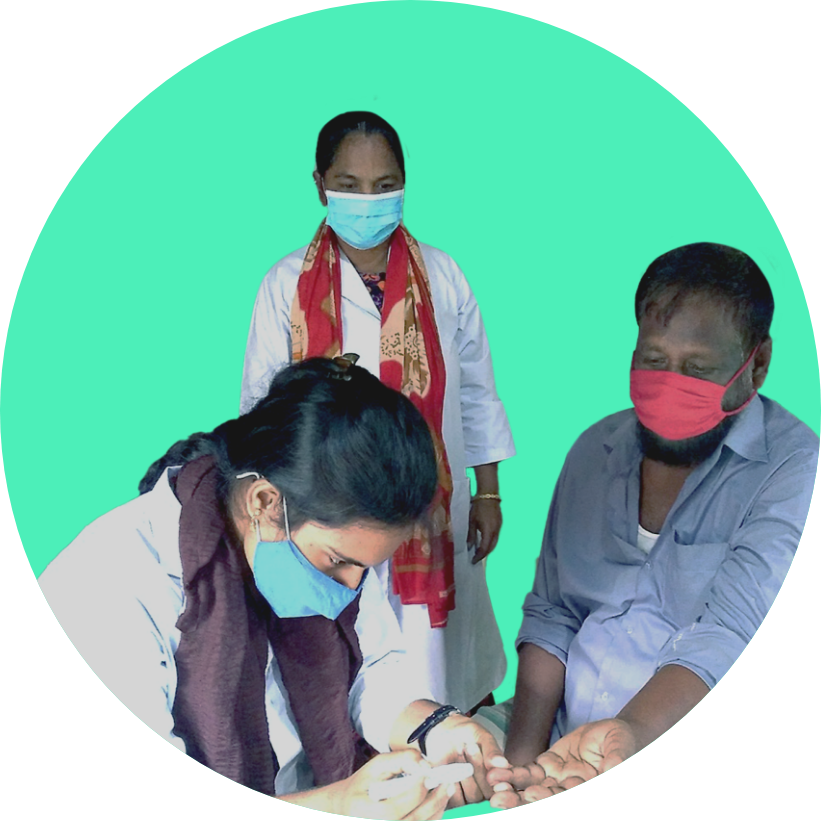The Rural Women Entrepreneurs project supports women to bring critical health and other digitally-supported services into their communities
Bangladesh
















Project
Facts
Estimated reach: 60 K people
Launch date: 03/2021
Status: Implemented
Project type: women's empowerment, economy
Purpose of Project
Mobilizing and developing the capacity of 40 women’s business centres as a pandemic response
The Rural Women Entrepreneurs project utilizes digital technologies to mobilize and develop the capacity women’s business centres spread across Bangladesh, to respond to the short- and long-term effects of the COVID-19 pandemic. Since the beginning of the pandemic, the country’s rural communities have faced unprecedented disconnect from health and livelihood services, as resources have been diverted and lockdowns have restricted movement. For vulnerable members of these communities, such as women and the elderly, the effects have been even greater and many have struggled to access preventative care or treatment, which in turn has affected long-term health, livelihoods, and wellbeing. This project reacts by closing gaps in healthcare access through teleconsultations and screening services, increasing understanding of COVID-19 prevention practices, and providing holistic wellbeing support for community partners through strengthening nutrition, WASH, and sustainable livelihood opportunities. Phase 1 of the project has reached more than 40,000 households with these services and treated over 17,000 patients; Phase 2 will increase this by a further 50%.
Local team
Implementing
solutions
Smart Facts
Facts about Rural Women Entrepreneurs
In phase 1, a teleconsultation platform, COVID screening and malnutrition detection apps, and other digital solutions were developed and deployed at 40 women’s business centers (WBCs).
The initial phase of the project has already reached more than
40,000 individuals
with its services and treated over
17,000 patients.
The production and provision of affordable masks through WBCs has been identified by government stakeholders as a significant benefit.
80 women health entrepreneurs have been trained to administer ClickHealth teleconsultations as well as to use related medical and non-medical equipment.
The communication network spans more than 200 women entrepreneurs and has supported the formation of 3 district-level WBC enterprise networks.
Increased awareness around COVID-19 prevention, nutrition and hygiene were created thanks to WBC interpretation and translation of awareness messages in local dialects.
Person to contact
We are glad
to help

)


